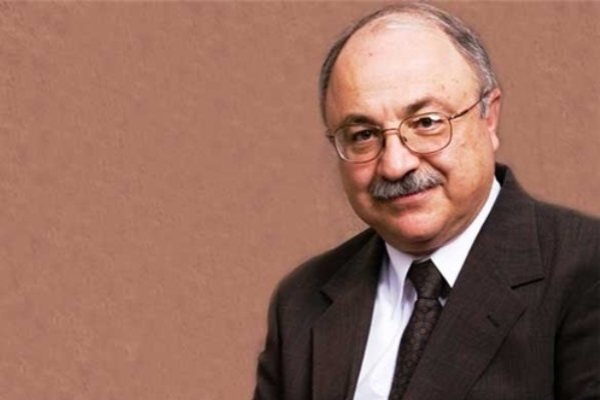Political squabbles among OPEC members have weakened its efficacy: Entessar

TEHRAN - Touching upon the Qatar’s reasons to withdraw from OPEC, Prof. Entessar said political squabbles among its members have weakened OPEC's efficacy.
Qatar will withdraw from the Organization of the Petroleum Exporting Countries (OPEC), the Persian Gulf nation's Energy Minister Saad Sherida al-Kaabi announced.
The decision to quit the bloc of 15 oil-producing countries that account for a significant percentage of the world's oil production was confirmed by Qatar Petroleum, the state oil company, last Monday.
To know more about the issue we reached out to Nader Entessar, Professor Emeritus of Political Science from University of South Alabama.
Here is the full text of his comments:
Q: What are the reasons behind Qatar’s decision to withdraw from OPEC? Is it politically and economically right decision?
A: Qatar's announcement of its intention to withdraw from OPEC took almost everyone, including many seasoned observers of Qatari politics, by surprise. Qatari government stated that it would like to concentrate on its natural gas sector, but this reason alone cannot really explain why the country needed to withdraw from OPEC to do so. Qatar already has a robust natural gas industry and is the leading exporter of liquefied natural gas in the world.
Q: Is there any relation between Qatar’s decision and the Saudi policy in the organization?
A: I think there is an element of truth to this argument. After all, the Saudis have become the single most important dominant voice and player in today's OPEC. Perhaps the Qataris decided that it did want to remain part of an organization whose policies were driven by their Saudi nemesis. Of course, we have to remember that Qatar is one of the smallest oil producers in OPEC and has never been the organization's driving force.
Q: Any relation between Trump’s anti-OPEC policies and Doha decision?
A: No, I don't think there is any link between Trump's critical comments about OPEC and Doha's decision to withdraw from the organization.
Q: How do you see the future of the 60 years old organization?
A: Today, one-third of the world's oil production is attributable to three countries: Saudi Arabia, Russia, and the United States. Two of these countries are not OPEC members, and Saudi Arabia has been increasingly coordinating its oil policy with these non-OPEC members. So, I don't believe OPEC today has the clout it once had in the global oil markets. OPEC served a useful purpose in its heyday but its glory days are gone now. Of course, it still does have influence but it no longer has the cohesiveness that it once had, and political squabbles among its members have weakened OPEC's efficacy.
Q: At the present moment which Iran is under the U.S. and its regional allies’ pressure such as Saudi Arabia and UAE to cut Iran’s oil export to zero, will Doha withdrawal from OPEC affect the U.S. goals toward Iran?
A: No. Qatar's oil production is not significant compared to other major oil producers, and its withdrawal from OPEC will not affect U.S. policies towards Iran. As I had stated earlier, Qatar's global energy influence is in the natural gas sector and not in OPEC and oil.
Q: What will be the possible reaction of Russia and China to Qatar’s withdraw? Will this decision affect China’s One road-One belt project?
A: Russia is more interested in coordinating its natural gas policies with Qatar than it is in Qatar's oil production. Also, I don't see any changes to China's "Road and Belt" policies as a result of Qatar's announcement to withdraw from OPEC. China's policies in this regard are multifaceted and complex and are not affected Qatar's decision to withdraw from OPEC.

Leave a Comment